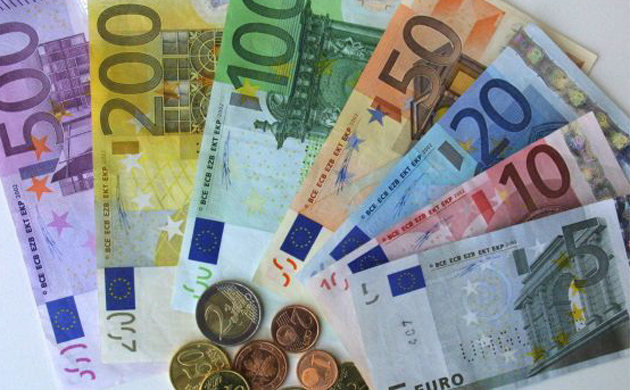When Is Your Tax Freedom Day?
By Mary Taylor, Partner, Blevins Franks

If you ever had the feeling that you spent half your working life just to pay tax, you are probably not far wrong. What with income tax, national insurance/social security, capital gains tax, VAT, council tax, excise duties etc, not to mention the additional social charges in France, a considerable amount of our hard earned income is lost in tax each year.
If you are lucky enough to be retired you are still faced with tax and social charges on your savings, investments and pensions, not to mention VAT. Having paid so much tax all your life, you will not want to pay any more now than you absolutely have to – tax planning is an important part of protecting your wealth in retirement.
An annual study, The Tax Burden of Typical Workers in the EU 28, determines the “tax liberation day” for individuals working in each EU State. Carried out by New Direction Foundation for European Reform and Institut Economique Molinari, it measures and compares tax burdens across the EU.
Tax freedom day is the day each year when you finally stop working to pay tax to the state, and start earning money for yourself.
France has the dubious honour of coming in second place on the list, with a tax freedom day in 2014 of 28th July. Only Belgium has a later day, with 6th August.
At the other end of the scale, Cyprus has the earliest tax freedom day with 21st March, followed by Malta and Ireland with 28th April.
France’s tax freedom day of 28th July means that for 209 days of the year, every cent earned by the average French employee was taken by the government in tax. It falls two days later than in 2013, and reflects the higher taxes we are faced with here in France.
Over half the EU population (54.6%) are not in the labour force. Therefore, tax-wise, working people carry most of the weight – “a weight that grows heavier as populations grow even older”.
Governments may need to keep taxes higher, or raise them again in future, to provide funds for their increasing pension and social welfare costs brought about by an ageing population.
Many countries across the world calculate their tax freedom day, though it tends to be private institutes, rather than governments. They use different methodologies, so you can come across different dates for the same country.
In its calculations, the Institut Economique Molinari looks at income tax, social security contributions and VAT. It calculated that the UK had a tax freedom day of 12th May this year.
In the UK, the Adam Smith Institute (ASI) carries out a separate study, and its methodology includes indirect, local and stealth taxes. It calculates that tax freedom day arrived on 28th May.
The ASI calculates a “Cost of Government Day” to show the extent of the UK’s debt. The debt will have to be repaid eventually, with taxpayers picking up the bill. This year, it falls on 26th June.
These remain taxing times for taxpayers, and not just for workers as retirees are also faced with higher taxes. Here in France we have the second highest tax burden in the EU, but this should not put you off living here in France. In many cases, there are steps you can take to lighten the tax burden on your capital investments, assets and pensions. While we all have to pay our share of taxes, do not risk paying more than you have to. Seek specialist advice on the legitimate tax mitigation opportunities available to you in France and UK.
Mary Taylor TEL: 05 62 30 51 40 EMAIL mary.taylor@blevinsfranks.com.
The tax rates, scope and reliefs may change. Any statements concerning taxation are based upon our understanding of current taxation laws and practices which are subject to change. Tax information has been summarised; an individual should take personalised advice.
To keep in touch with the latest developments in the offshore world, check out the latest news on our website www.blevinsfranks.com

